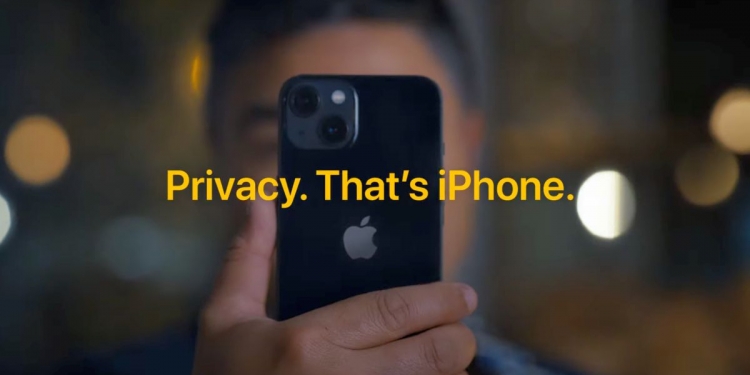In conjunction with Data Privacy Day (28th January), Apple has released a video demonstrating how the iPhone and its ecosystem can keep your data safe and private from unwanted trackers. The Cupertino company had roped in Ted Lasso star Nick Mohammad to showcase “A Day in the Life of an Average Person’s Data”. Regardless of whether you’re just browsing the web, checking emails, downloading apps or making mobile payments, Apple assures that it has privacy technologies baked in to minimise access to your data.
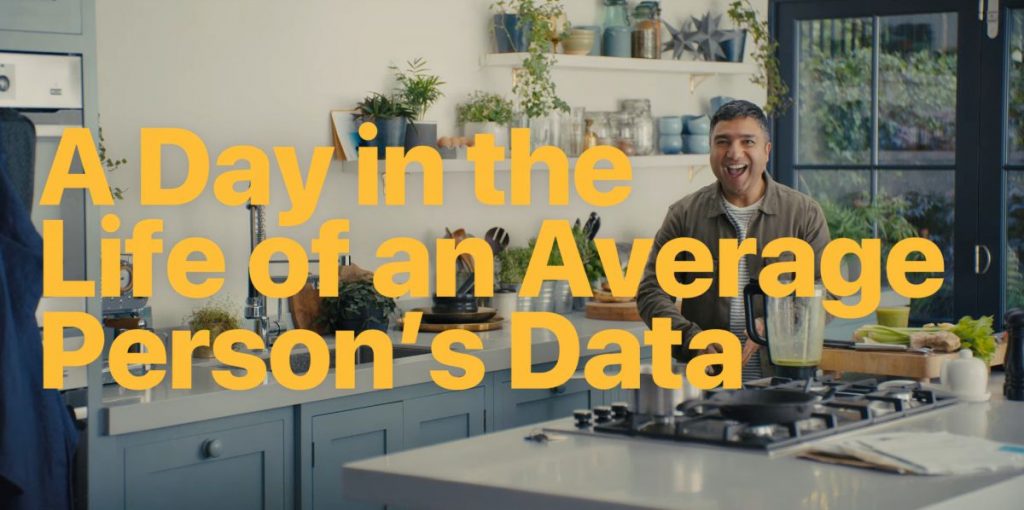
Mail Privacy Protection
In case you didn’t know, digital marketing emails have trackers built-in which allow them to know if you’ve opened the email and your current location using your IP address. The Mail app on the iPhone has Mail Privacy Protection which will block senders from tracking your activity by hiding your actual IP address, and loading the content remotely. This feature will also block the senders from knowing that you’ve opened their email.
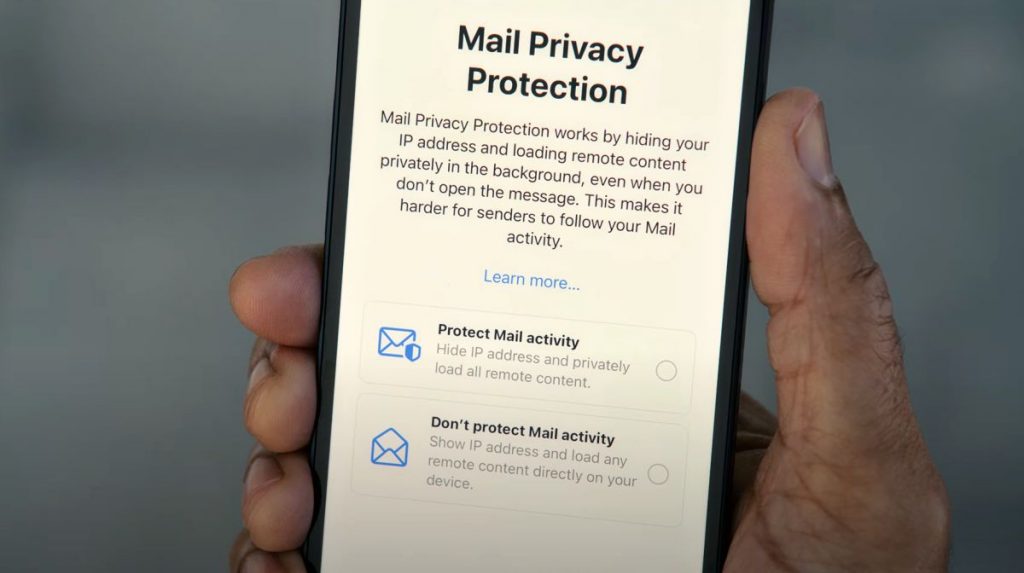
You can check if Mail Privacy Protection is turned on by going into your iPhone’s Settings > Mail > Privacy Protection (under Messages).
Safari Browser Privacy feature
When browsing the web, most websites and ad banners will collect some data about you in order to serve personalised ads. The native Safari web browser has a Prevent Cross-Site Tracking feature to help block these trackers and make it harder for data mining companies to identify you.
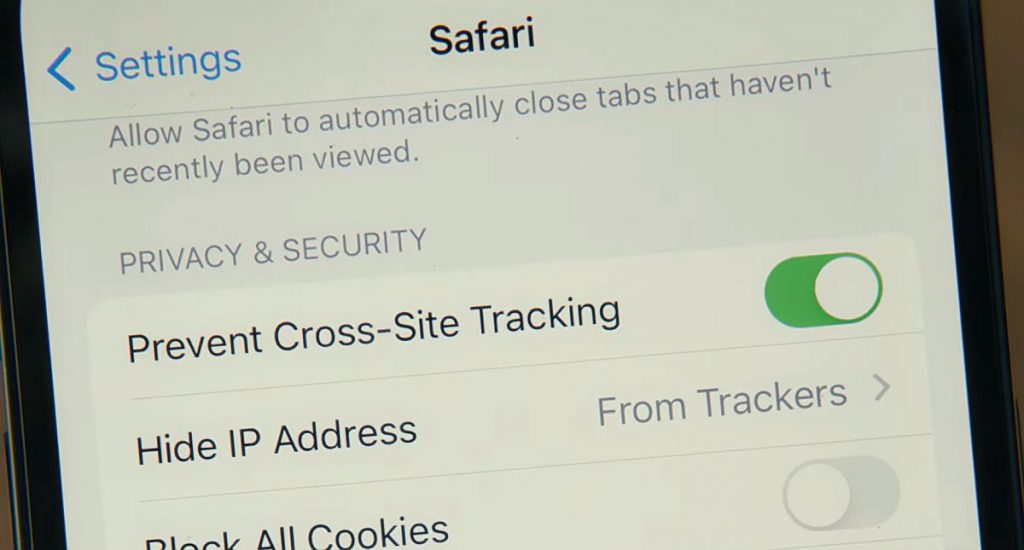
You can check if this feature is turned on by going into your iPhone’s Settings > Safari > Prevent Cross-Site Tracking (under Privacy & Security). Similar to Mail, you can choose to hide your IP Address from Trackers.
App Tracking Transparency
Introduced with iOS 14.5, the App Tracking Transparency feature allows iPhone users to decide whether to allow apps to track their activities across other apps and websites. The feature greatly affected Facebook’s ad business which relies on user tracking in order to provide personalised ads on its network. Even Snap’s ad business was also affected by this privacy feature which resulted in a 25% drop in share prices in Q4 2021.

Apple has strongly defended the anti-tracking feature and Tim Cook said Facebook can continue to track users as before, just that iOS 14 will just require that they ask for users’ permission first. You can check if you’ve allowed apps to track your activity by going to your iPhone’s Settings > Privacy & Security > Tracking.
Apple Wallet and Apple Pay do not store your card information
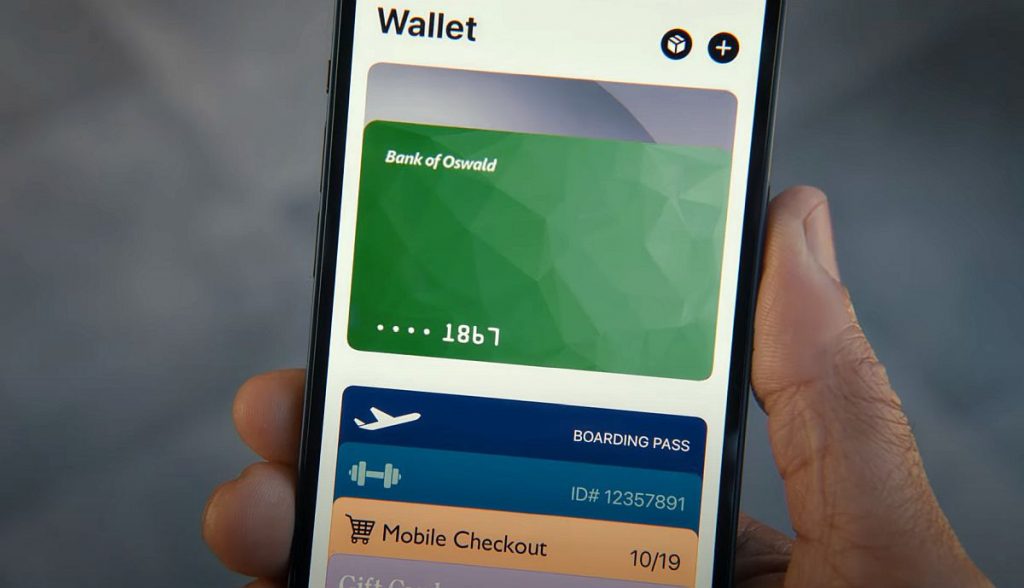
Apple Pay which was officially launched in Malaysia in August 2022, boasts privacy and security features to keep your card details and transaction history safe. When you add a card or perform a transaction, it doesn’t store your credit or debit card numbers on its servers or share the details with the merchant. When you add a card for Apple Pay, it will create a unique Device Account Number that’s stored on your iPhone’s secure element. If you plan to use Apple Pay on multiple Apple devices (Apple Watch, iPad, Mac, etc), you are required to add the card again for each device.
Each time you use Apple Pay, your iPhone will only send the device account number and a dynamic security code to complete the contactless transaction. In fact, Apple Pay has gotten the green light to allow contactless payments above RM250 without entering a PIN after the payment is verified using Face ID or Touch ID. This makes it more secure than taking out your physical card at the counter. Apple Pay also works with supported online shopping platforms and in-app payments, allowing you to check out immediately without submitting your card number, expiry and CVV online.
You can check out Apple’s privacy page or watch the Privacy on iPhone video below to find out more.

